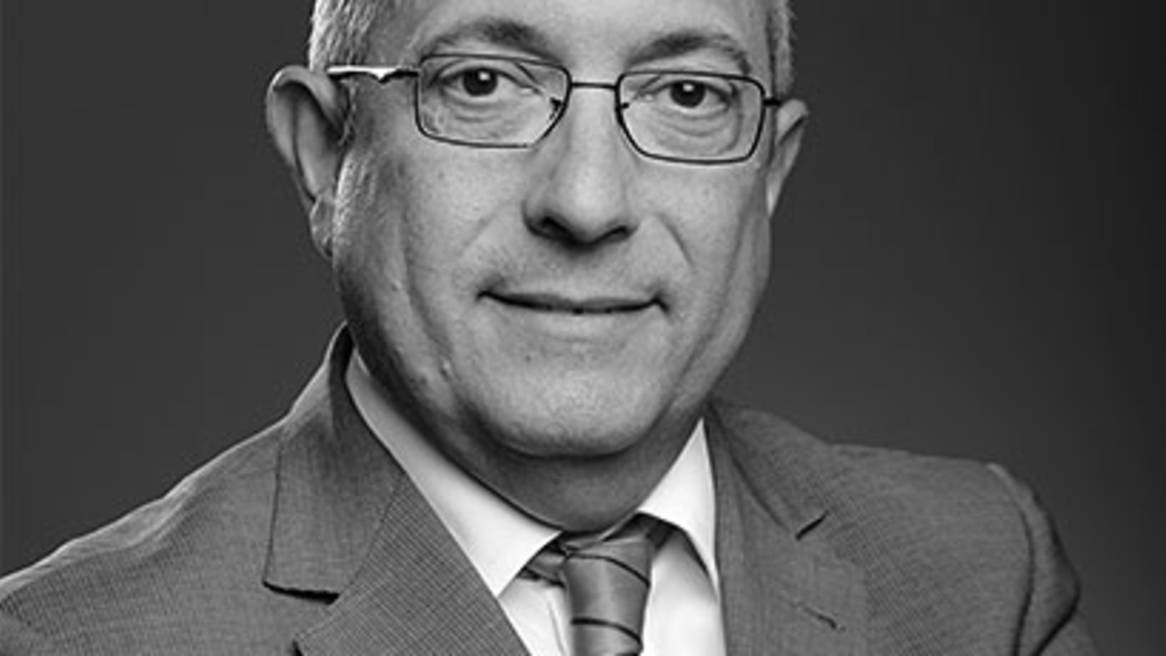How Does The Office Impact Our Work?
Alfonso Jiménez’s Vision On The Future of Work
“We are social beings, and social interaction takes place in the office. We need to share, see, feel; we need contact,” says Alfonso Jiménez, founder and honorary partner of the Spanish consultancy firm PeopleMatters and founder and CEO of Recruiting Erasmus. We spoke to Jiménez along with other global leaders about the future of the office. According to him, the physical workplace and in person interactions are irreplaceable, creating trust and intense bonds; values we need whether working from home or together in the office.
After working distributed for months during the lockdown, people are looking for spaces to bring them together to enhance socialization and collaboration. The future office’s most significant purpose will be to connect people and be a collaborative environment to foster innovation. To remain competitive, organizations need to be highly adaptable. Jiménez shared how he’s approaching what’s next.






